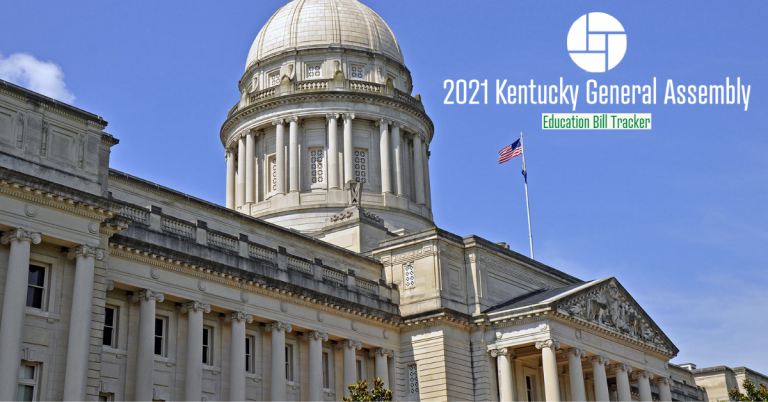Kentucky has made impressive progress in education over the last generation. Unfortunately, as shown in our 2020 Big Bold Future Annual Rankings Report, we have hit a plateau and are moving backwards in some key areas – from preschool to postsecondary – with persistent gaps for those historically underserved. These plateaus were seen before the COVID-19 pandemic, and now, nearly one year since many students have seen the inside of a classroom, we now face learning loss like never seen before.
The Kentucky General Assembly must recommit to the hard work, investment, collaboration, and belief that we can move into the top tier of all states in education achievement as we move out of the pandemic.
The Prichard Committee for Academic Excellence has five requests for the 2021 Kentucky General Assembly that we believe will present a vision of a Big, Bold Future where every Kentuckian can thrive, contribute to, and benefit from our shared progress as a state.
- Allocate adequate and equitable funding for education: We ask that the Kentucky General Assembly continue to support the principles of our 2020 Big Bold Ask of $1 billion in additional investment in education by 2026. The 2021-22 biennial budget was derailed by the COVID-19 pandemic and the state is in dire need of a strategic investment plan for education at all levels, phased in over multiple years.
- Close the digital divide: Support the development of a statewide broadband deployment plan that addresses last-mile access and affordability. This could include funding for HB 362 of 2020 which created the broadband deployment fund as well as recommendations derived from the Kentucky Education and Workforce Development Cabinet’s broadband initiative working group.
- Fund early learning initiatives: The Kentucky General Assembly must increase per-child funding and reimbursement rates to support high-quality opportunities for eligible children, as well as dedicated funding to encourage partnerships between public preschool and private childcare. Additionally, funding is needed for increasing eligibility for child care assistance and public preschool to 200% of federal poverty level. Funding for HANDS, Kentucky’s evidence-based home visiting program to support families with more than one child until the age of 3, must also be continued.
- Support teacher preparation and professional learning: A Prichard Committee’s task force report, “Teaching Matters Most,” reflects the need for systemic change and support for good teaching practice and professional learning that is practical, evidence-based and successful in improving student outcomes. These recommendations will require financial support at the state level to ensure their success.
- Adjust the performance-based funding formula for higher education: Increase weights for low-income and minority students; increase the transparency of the funding model; and support sustainability through the extension of stop-loss/hold harmless provisions in times of budget reductions.


